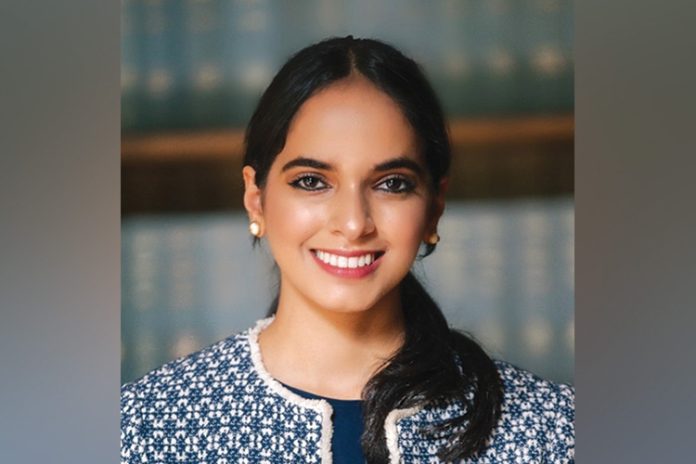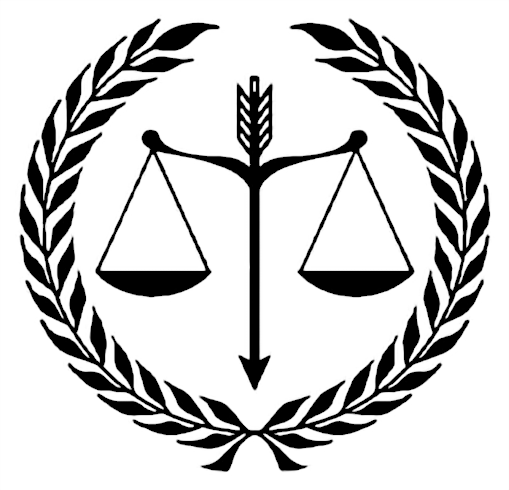
Dubai Abulhoul, Emirati author, columnist, and Rhodes Scholar, on Wednesday announced the establishment of Fiker Institute, a Dubai-based interdisciplinary think tank covering international affairs, public policy, and global governance.
Fiker Institute, in close collaboration with an international network of partners, has launched six research programmes, divided into both regional and thematic areas, with the aim of producing cutting edge research on some of the international community’s most pressing issues.
Dubai Abulhoul, Founder of Fiker Institute, said: “For far too long, our global narrative as a region has been told for us, and not by us. It’s time for the Arab world to reclaim its narrative abroad. As early as 1798, a critical year in our regional history, Arabs have been negatively depicted in Western art and in academic schools of thought. One would think that somewhere between 1798 and 2021, Western media, NGOs, and think tanks would abandon these false stereotypes, but unfortunately, that has not been the case. It’s time to change that.”
She added: “Through Fiker Institute, we not only aim to represent our region abroad, but we also want to share our opinions about the rest of the world, too, and to actively contribute to international debates on global issues of mutual concern.”
As an intellectual platform, Fiker Institute openly invites thinkers, innovators, writers, poets, and artists in the region, and across the globe, to engage in this new and bold dialogue. Applicants can submit their proposed topics and publications through the institute’s website (www.fikerinstitute.org).
The three regional programmes include West Asia and North Africa, which aims to decolonise narratives surrounding this region, Europe, which seeks to explore the question of national sovereignty versus multilateral cooperation in the European Union, and North and South America, which seeks to study how institutions in that part of the world are being weighed down by racial inequity, polarised political parties, and gun violence.
The three thematic programmes include Diplomacy and Global Governance, which aims to study the disruption of diplomacy in light of the changing nature of global affairs, Gender Equality and Climate Change.
Through a multi-faceted approach and an interdisciplinary framework, Dubai Abulhoul’s mission for the think tank is to develop a platform that sparks two-way dialogues between the Arab world and the rest of the international community to test ideas, debate constructs, and advance deep intellectual understanding.







